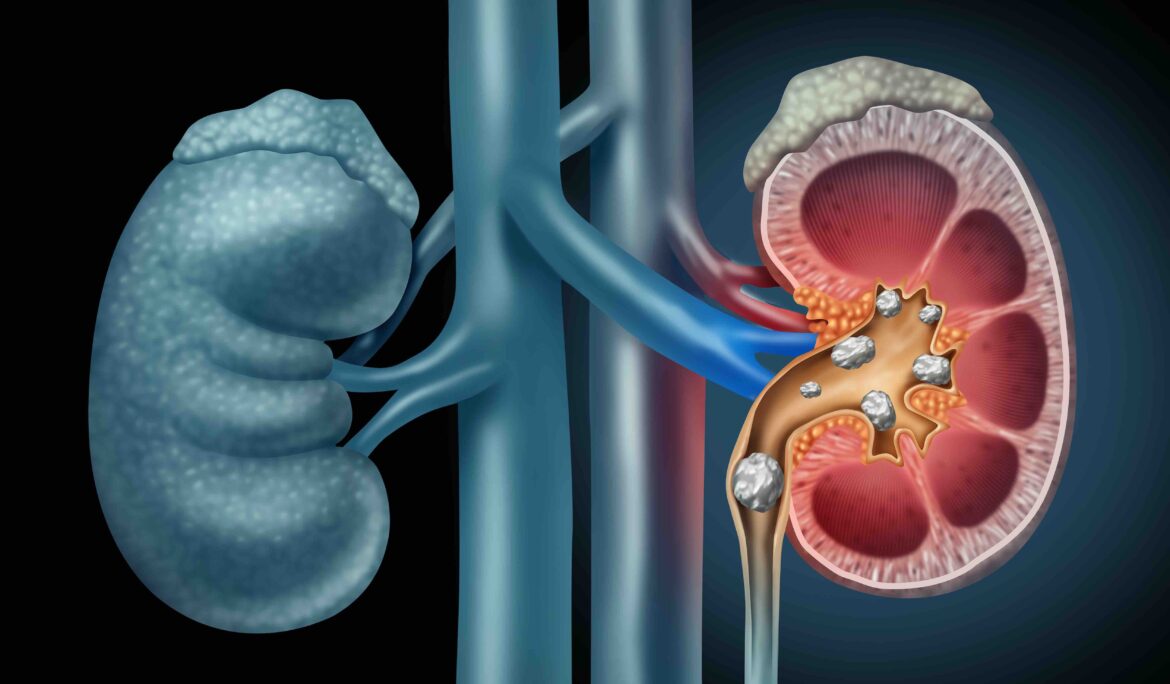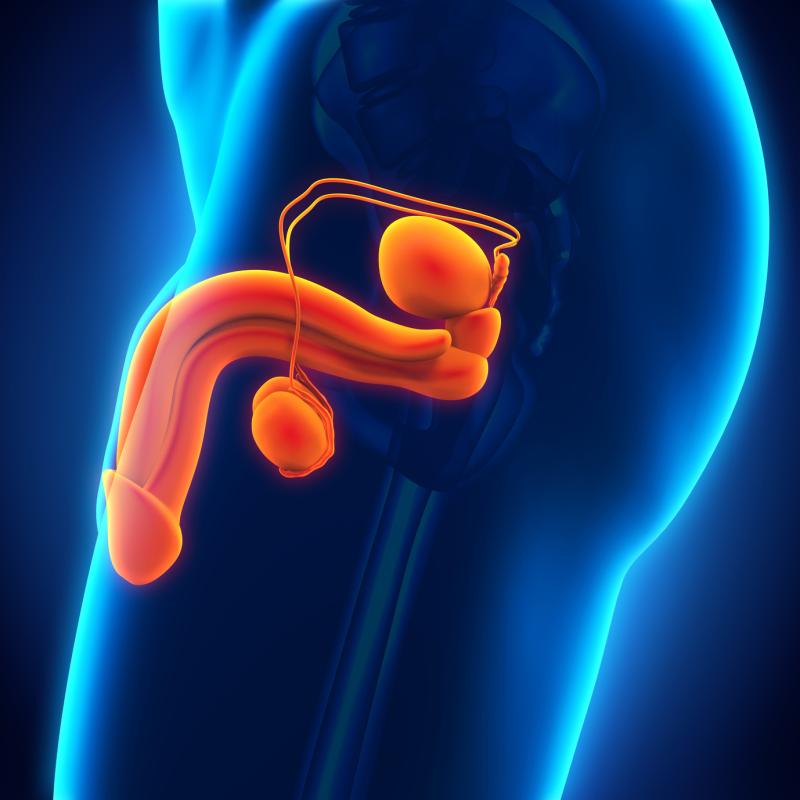What is Kidney Stone?
They are small, hard masses formed as a result of the accumulation of crystallized minerals in the kidneys. It usually occurs when waste excreted through urine becomes concentrated. Kidney stone It can cause symptoms such as severe pain, urinary tract obstruction and bloody urine. If left untreated, it can lead to infections and kidney damage. It can be controlled with water consumption, eating habits and medications.
What are the Symptoms of Kidney Stones?

Kidney stone It can cause bleeding when moving or irritating the urinary tract. This may cause blood in the urine. The pain it causes can sometimes lead to nausea and vomiting. It may increase the frequency of urination. Since it can block the flow of urine, it can cause urine not to be completely eliminated from the body.
This may increase the risk of urinary tract infection. It can lead to complications such as urinary tract infection. This can cause symptoms such as fever and chills. However, some stones cause no symptoms. It is detected incidentally during x-ray or ultrasonographic examination. Kidney stone symptoms It can generally vary depending on the size of the stone, its location, and the person's general health condition. If you are experiencing these symptoms or are at risk, it is important to consult a urologist.
Risk Factors in Kidney Stone Formation
The risk is higher in individuals with a family history of this problem. It is generally more common in individuals between the ages of 30-60. It is more common in men than in women. Consumption of foods containing high amounts of salt, protein and sugar may increase the risk. At the same time, not drinking enough fluids may also increase the risk. In overweight or obese individuals kidney stone the risk increases. Not getting enough fluids can cause urine to become more concentrated, increasing the risk.
Oxalates and calcium found in some foods can trigger stone formation. Some medical conditions, such as inflammatory bowel disease, kidney disease, gout, may increase the risk. Some medications used long-term, especially those that affect the urinary tract, may increase the risk. These, kidney stone These are just a few of the risk factors that may affect its formation. Other factors such as a person's lifestyle, genetic predisposition, and medical history may also play a role. If you think you may be at risk, it is important to consult a urologist.
Kidney Stone Treatment Methods

In the shock wave lithotripsy (ESWL) procedure, high-intensity sound waves are used to break up the stones. broken kidney stone It is then naturally excreted. In the endoscopic stone treatment method, the stone is directly viewed and removed or broken using an endoscope (a flexible tube). In the percutaneous nephrolithotomy (PCNL) procedure, a skin incision is made to access the stones and the stones are removed with special tools.
If there is infection or inflammation due to stones, antibiotic drugs are used. Dietary changes are recommended in some cases to prevent this condition. For example, avoiding foods high in calcium and oxalates or reducing sodium consumption. kidney stone treatmentvaries depending on the individual situation and the characteristics of the stones. Therefore, it is important to consult a doctor for the most appropriate treatment option.






